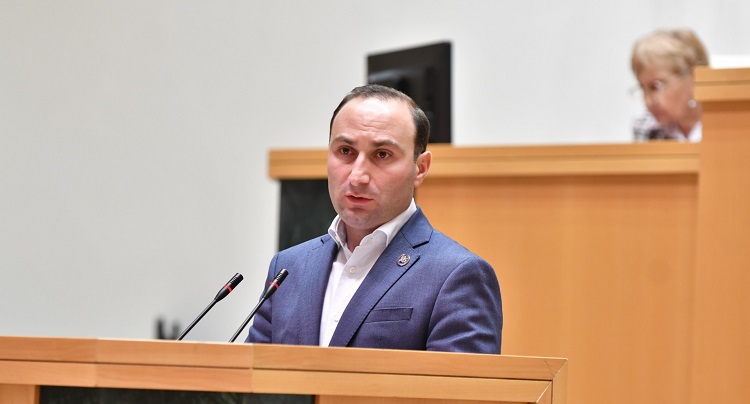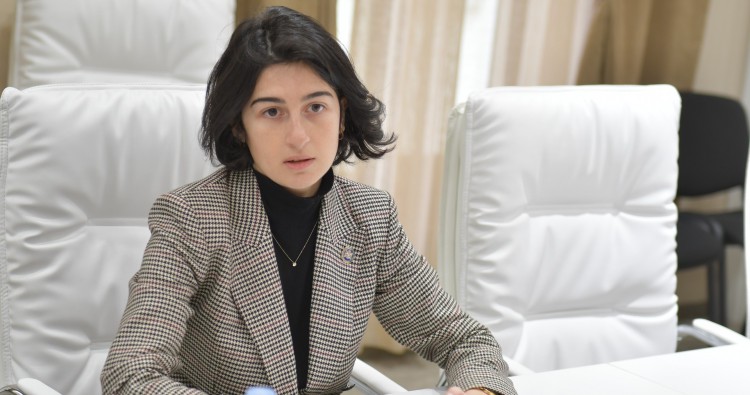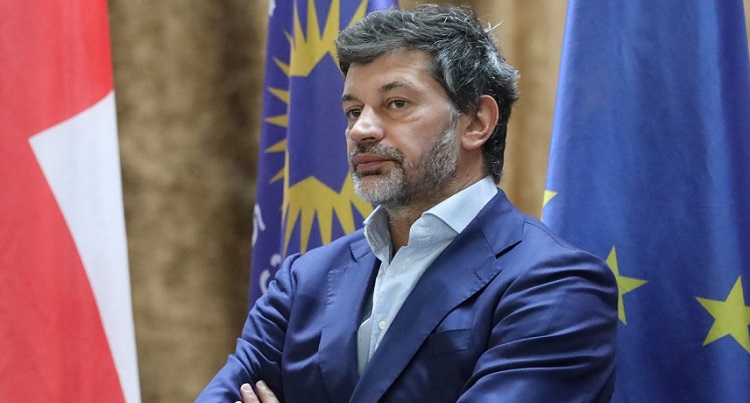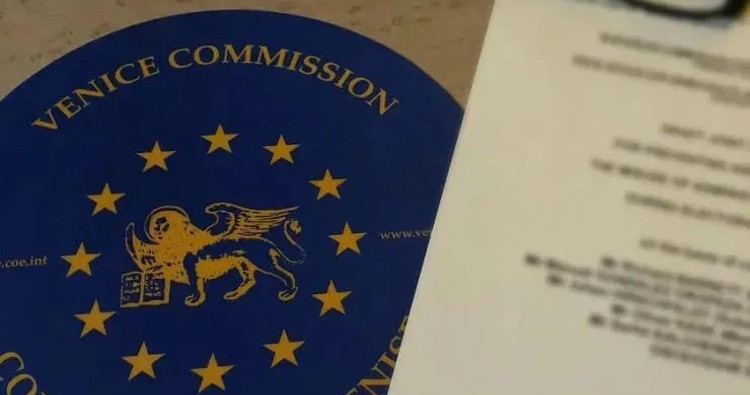PACE co-rapporteurs urge Georgian authorities to repeal controversial law on transparency of foreign influence

"In the view of the co-rapporteurs, the authorities could focus on strengthening the existing legal framework, if there is an objective need for it, in close co-operation with the Council of Europe”, the co-rapporteurs emphasised, expressing readiness to continue dialogue with the Georgian authorities and society on the law. Photo via PACE
The Parliamentary Assembly of the Council of Europe co-rapporteurs for Georgia, Claude Kern and Edite Estrela on Wednesday urged the Georgian authorities to repeal the domestic controversial law on transparency of foreign influence, as recommended by the Venice Commission of the CoE.
Following the publication of the Commission’s urgent opinion on the legislative piece, the co-rapporteurs said the Georgian counterparts had asked them for “authoritative legal arguments” regarding their concerns about the law, which had been delivered in “the univocal opinion” of the Commission, the PACE said.
The PACE officials urged the ruling majority in the Parliament not to override the Presidential veto and stressed that as outlined in the Commission’s opinion, Georgia “already has a comprehensive legal framework to regulate the funding and transparency” of non-governmental organisations and the media.
In the view of the co-rapporteurs, the authorities could focus on strengthening the existing legal framework, if there is an objective need for it, in close co-operation with the Council of Europe”, the co-rapporteurs emphasised, expressing readiness to continue dialogue with the Georgian authorities and society on the law.
The PACE is set to hold a current affairs debate on “recent challenges to democracy in Georgia” during its Standing Committee meeting in Vilnius on Friday.
The Venice Commission published its urgent opinion on the controversial law yesterday, which said “fundamental flaws” of the legislative piece would involve “significant negative consequences” for the freedoms of association and expression, the right to privacy, the right to participate in public affairs, as well as the prohibition of discrimination in the country.
Georgian President Salome Zourabichvili on May 18 vetoed the law, adopted by the Parliament last week, on the backdrop of ongoing public protests against the law and criticism from Georgia’s foreign partner states.
The legislative piece calls for the registration of non-commercial legal entities and media outlets in the country as “pursuing the interests of a foreign power” if they derive more than 20 percent of their funding from abroad.
 Tweet
Tweet  Share
Share



